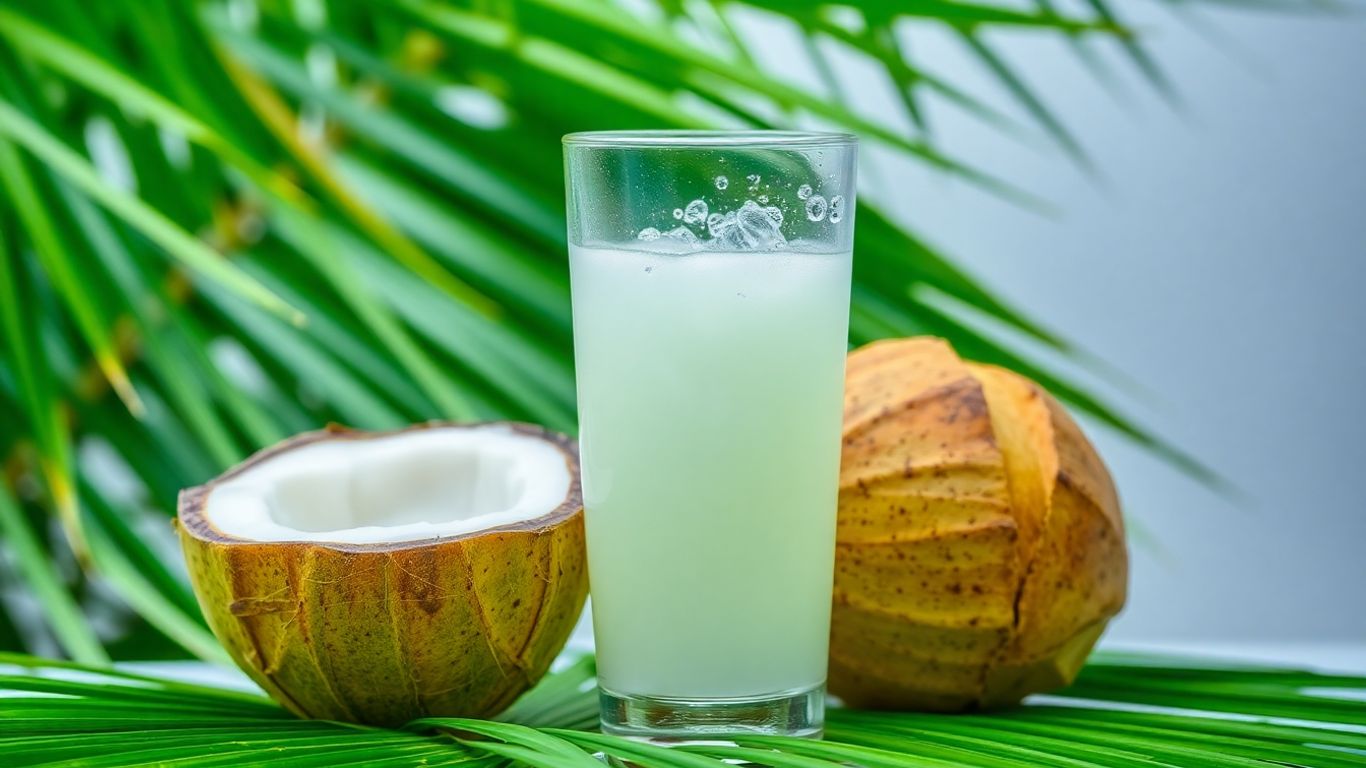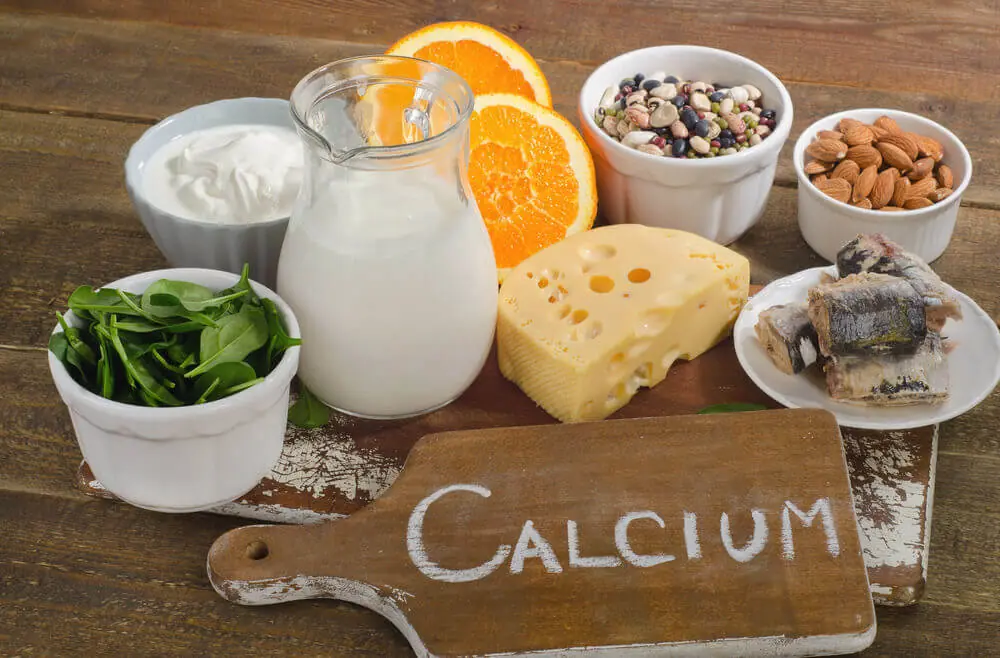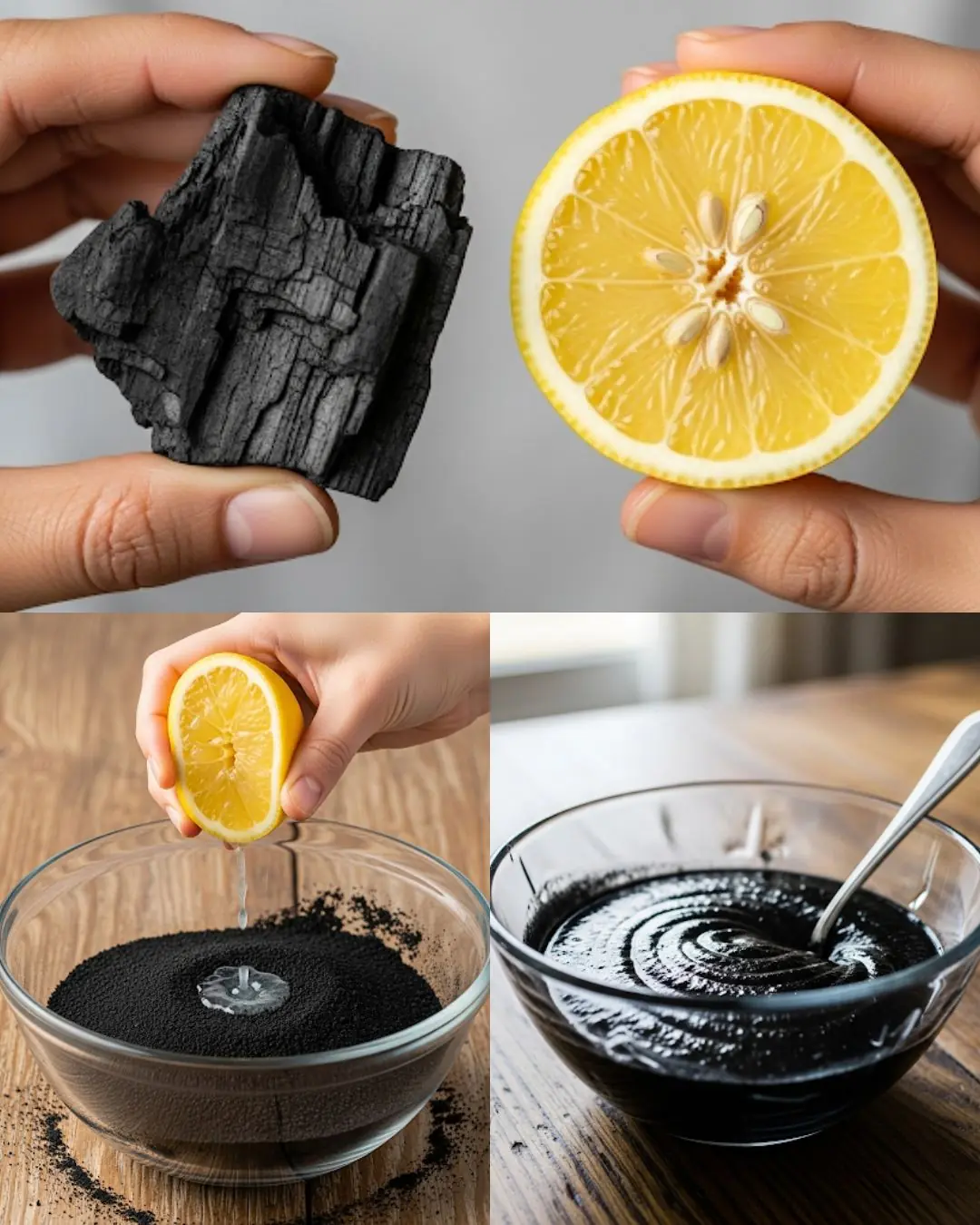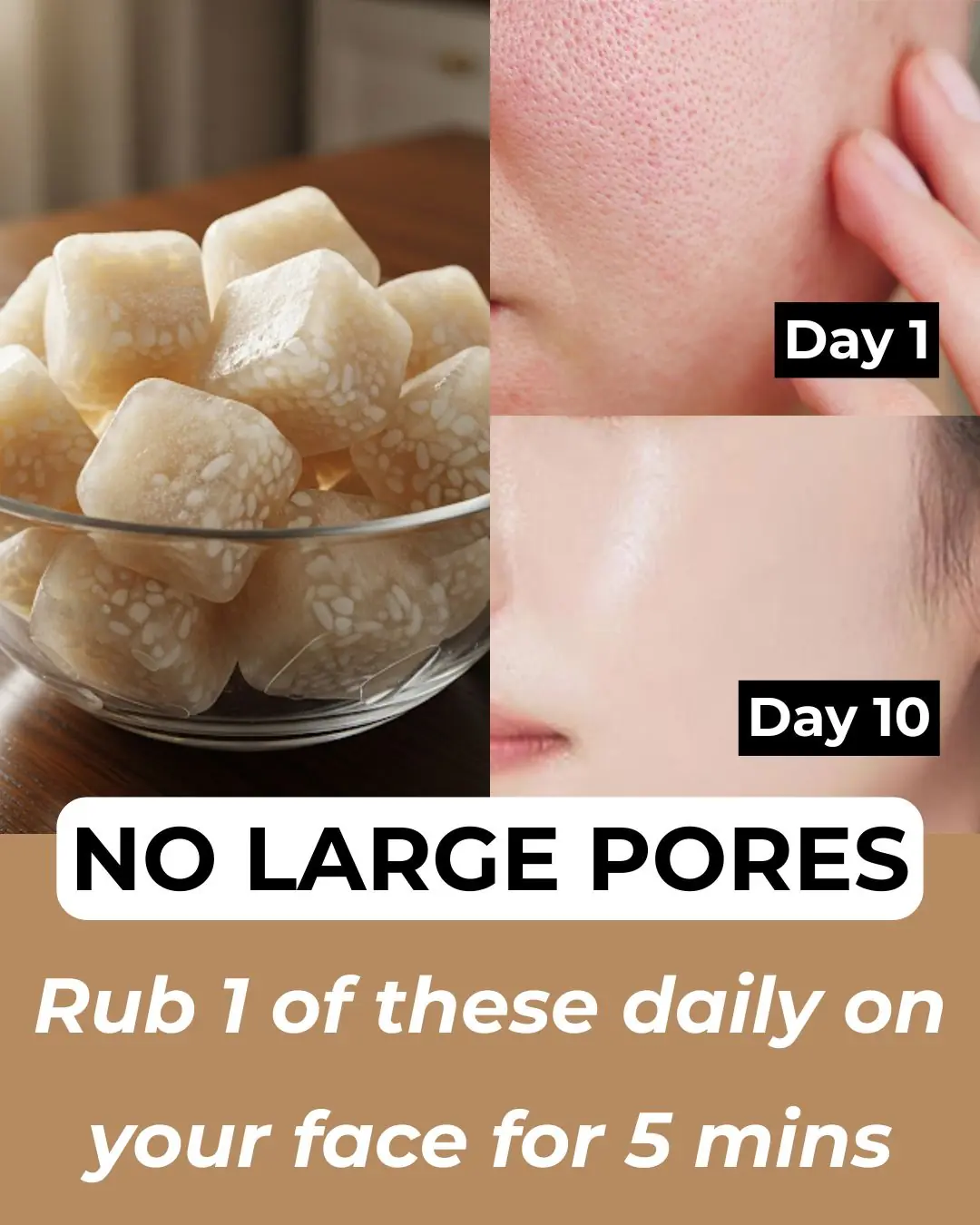
What really happens to your kidneys when you drink coconut water

Thinking about sipping on some coconut water? You're not alone. This tropical drink has exploded in popularity, praised for everything from hydration to skin health—but is it really as good as it seems? And what about its impact on your kidneys or its role in preventing kidney stones?
Let’s break down what coconut water actually does for your body—and whether boxed versions measure up to the real thing.
💧 The Hydration Powerhouse
Coconut water is often called “nature’s sports drink”—and for good reason. It’s naturally loaded with essential electrolytes like:
-
Potassium
-
Sodium
-
Magnesium
-
Calcium
-
Zinc
This combination makes it incredibly effective at rehydrating the body, especially after moderate physical activity. In fact, for casual workouts or outdoor activities lasting under 90 minutes, coconut water can be a smarter choice than commercial sports drinks like Gatorade or Powerade, which often include artificial colors, excess sodium, and added sugars.
Bonus: Coconut water contains a small amount of natural carbohydrates—just enough to replenish energy without spiking your blood sugar levels.
✅ Best for: Rehydration after a light to moderate workout, a hot day, or mild dehydration due to illness.
✨ Glowing Skin from Within
Your skin is one of the first places to show the benefits of proper hydration. Coconut water hydrates and nourishes, making it a skin-friendly drink from the inside out.
Here’s why:
-
Vitamin C: A powerful antioxidant that helps fight skin aging by reducing oxidative stress.
-
Vitamin A: Plays a role in skin cell turnover and maintaining a smooth, healthy appearance.
-
Hydration: Keeps your skin barrier strong, reduces dryness, and supports elasticity.
Regularly drinking coconut water can help your skin maintain a natural glow, reduce dullness, and potentially even soothe minor inflammation.
✅ Skin tip: Combine coconut water with a diet rich in fruits and healthy fats for an even stronger skin-boosting effect.
❤️ A Natural Heart Helper
Coconut water shines when it comes to cardiovascular health, thanks to its high potassium content—often even higher than that of a banana.
Why potassium matters:
-
It helps regulate blood pressure by balancing out excess sodium.
-
It supports muscle function, including the heart muscle.
-
It may reduce the risk of stroke and heart disease over time when part of a balanced diet.
For people looking to manage their blood pressure naturally, incorporating coconut water (in moderation) can be a simple and enjoyable step in the right direction.
✅ Heart tip: Look for unsweetened, no-added-sodium coconut water for the healthiest option.
🧘 Digestive Support, the Gentle Way
Coconut water isn’t just easy on your stomach—it actively helps it. Here’s how:
-
Hydration: Keeps things moving in the intestines and supports regular bowel movements.
-
Magnesium: Has a gentle muscle-relaxing effect that can ease constipation and cramping.
-
Electrolyte balance: Prevents dehydration-related digestive issues, such as bloating or sluggish digestion.
Because it’s light, low-fat, and naturally sterile (in its fresh form), coconut water is often used in tropical countries to soothe digestive upsets or recover from mild illness.
✅ Digestive tip: Sip slowly on coconut water when recovering from mild stomach issues—but don’t rely on it as a cure-all.
🧊 Can Coconut Water Help Prevent Kidney Stones?
Yes—and here's why it matters.
Kidney stones form when certain minerals crystallize in the urine, often due to dehydration or an imbalance of substances like calcium, oxalate, and uric acid.
Coconut water supports kidney health in two key ways:
-
Hydration: The #1 rule for preventing kidney stones is staying well-hydrated to dilute urine and flush out stone-forming minerals.
-
Citrate Content: Coconut water contains natural citrate, which helps bind to calcium and prevent it from forming stones—particularly calcium oxalate stones, the most common type.
While it’s not as rich in citrate as lemon or orange juice, coconut water offers a low-acid, kidney-friendly alternative for those who can’t tolerate citrus.
✅ Kidney tip: Include coconut water as part of your daily fluid intake, not as your only source. And always consult your doctor if you’ve had stones in the past.
🥥 Fresh vs. Boxed Coconut Water: Does It Matter?
If you’ve ever tasted coconut water straight from the shell, you know it’s light, slightly sweet, and incredibly refreshing. But most people buy it boxed or bottled—so how does that compare?
Fresh Coconut Water:
-
No preservatives or additives
-
Highest nutritional content
-
Best taste and texture
Boxed/Bottled Coconut Water:
-
Slightly lower nutritional value due to pasteurization
-
May contain added flavors, sugars, or preservatives
-
Still much healthier than soda, energy drinks, or fruit-flavored juices
✅ Shopping tip: Read the ingredient list. Choose coconut water that’s labeled 100% coconut water, with no added sugars or flavors.
⚖️ How Much Coconut Water Is Too Much?
While coconut water is healthy, moderation is key.
Each cup contains:
-
~45–60 calories
-
~9 grams of natural sugar
-
~600–700 mg of potassium
Drinking 2 to 3 cups per day is a good range for most healthy adults. More than that, and you may be getting excess potassium or calories, which can backfire—especially if you’re also getting potassium from food and supplements.
✅ Hydration tip: Use coconut water to replace one sugary drink a day—but keep plain water as your main hydration source.
⚠️ Who Should Be Cautious?
While coconut water is safe for most people, it’s not recommended for everyone—particularly those with kidney disease.
People with chronic kidney issues or those on dialysis may need to limit potassium intake. Because coconut water is high in potassium, drinking too much could lead to hyperkalemia, a condition where excess potassium builds up in the blood.
Symptoms of hyperkalemia can include:
-
Irregular heartbeat
-
Muscle weakness
-
Fatigue
-
In severe cases, cardiac arrest
❗ If you have kidney disease, consult your nephrologist or dietitian before adding coconut water to your diet.
✅ Key Takeaways
| Benefit | Why It Matters |
|---|---|
| Hydration | Naturally rich in electrolytes—great post-exercise drink |
| Skin Health | Provides vitamins C & A for anti-aging and glow |
| Heart Health | High in potassium to support blood pressure regulation |
| Digestion | Gentle on the stomach; contains magnesium |
| Kidney Stones | Contains citrate, which may help prevent stone formation |
| Natural Alternative | Fresher is better, but boxed is still a solid choice |
| Not for Everyone | High in potassium—use caution with kidney disease |
Final Thought 💭
Coconut water isn’t a miracle drink—but it’s a nutrient-rich, natural option that can support your hydration and health when consumed wisely. Whether you’re looking to upgrade your post-workout drink, hydrate on a hot day, or add a little glow to your skin from within—coconut water might just be the refreshment you’ve been looking for.
News in the same category


How Your Body Secretly Tells You You're Stressed

New Study Shows That Sitting in Silence for Only Two Hours Can Trigger Significant Growth in New Brain Cells

Foods That Can Quietly Drain Calcium From Your Body

Just Simply Looking at a Sick Person Is Enough to Trigger Your Immune Response, Study Shows

Scientists Discover an “Off Switch” for Cholesterol — And It Could Save Millions of Lives

Why Does Your Eye Twitch Randomly? An Eye Doctor Explains

Think Twice Before Pairing: 6 Foods You Shouldn’t Eat with Eggs

Purple Veins on Your Legs

Top 10 foods that improve blood circulation in legs

What really happens to your kidneys when you drink coconut water

Pineapple And Turmeric Drink Reverses Cancer-Causing Inflammation And Even Beats The Common Cold!

6-yr-old boy dies and leaves blue stain on carpet: years later, mom makes heartbreaking discovery

1 tablespoon every morning to naturally cleanse your blood vessels

How Magnesium Keeps Your Heart Rhythm Healthy

Why Do I Cough When Taking a Deep Breath?

Taking the Stairs Could Help You Live Longer

Purple Veins on Your Legs: When to Worry

Signs Your Cortisol Is Dangerously High
News Post

The difference between the spirit of a loved one and other forces

Your Heart Emits a Magnetic Field 100x Stronger Than Your Brain – And It Can Be Detected 3 Feet Beyond Your Body

🌱 Discover Papaya Seeds: Nature’s Tiny Powerhouse for Total Wellness

3 Home Remedies to get rid of Skin Tags – Skin Tag Removal

Homemade Herbal Bath Powder For Clear Skin: Bridal Skincare Ubtan

Mix Baby Oil with Vaseline: The Simple Skincare Trick for Youthful, Wrinkle-Free Skin

How Your Body Secretly Tells You You're Stressed

New Study Shows That Sitting in Silence for Only Two Hours Can Trigger Significant Growth in New Brain Cells

Foods That Can Quietly Drain Calcium From Your Body

Just Simply Looking at a Sick Person Is Enough to Trigger Your Immune Response, Study Shows

Scientists Discover an “Off Switch” for Cholesterol — And It Could Save Millions of Lives

Why Does Your Eye Twitch Randomly? An Eye Doctor Explains

Think Twice Before Pairing: 6 Foods You Shouldn’t Eat with Eggs

The Magic of Lemon Juice and Activated Charcoal: Natural DIY Solutions for Skin and Teeth

Open Pores To Glass Skin Transformation

Here’s how much the Powerball winner will owe in taxes after the $1.8 billion jackpot
The Powerball jackpot has climbed to an astronomical $1.8 billion, the second-largest prize in U.S. history. But before the lucky winner can celebrate a life of luxury, the taxman will be waiting with a massive bill that could drain hundreds of millions f

Casino Scandal: Woman Denied £33 Million Jackpot and Offered a Steak Dinner Instead
A New York woman’s dream of instant fortune turned into a nightmare after a slot machine declared her the winner of nearly £33 million—only for the casino to claim it was a “malfunction” and offer her a steak dinner as compensation.

Look-alike athletes who even share the same name took DNA test to see if they’re actually related
It sounds like the plot of a sports comedy, but it actually happened. Two professional baseball players who looked like mirror images of each other — and even shared the exact same name — decided to take a DNA test to uncover whether fate had made the

Keira Knightley had to go through years of therapy to get over trauma after starring in "Pirates of the Caribbean"
The role that turned Keira Knightley into a global star also came with a heavy price. Behind the glamour of Hollywood red carpets, she silently battled trauma, anxiety, and the crushing weight of fame as a teenager.
